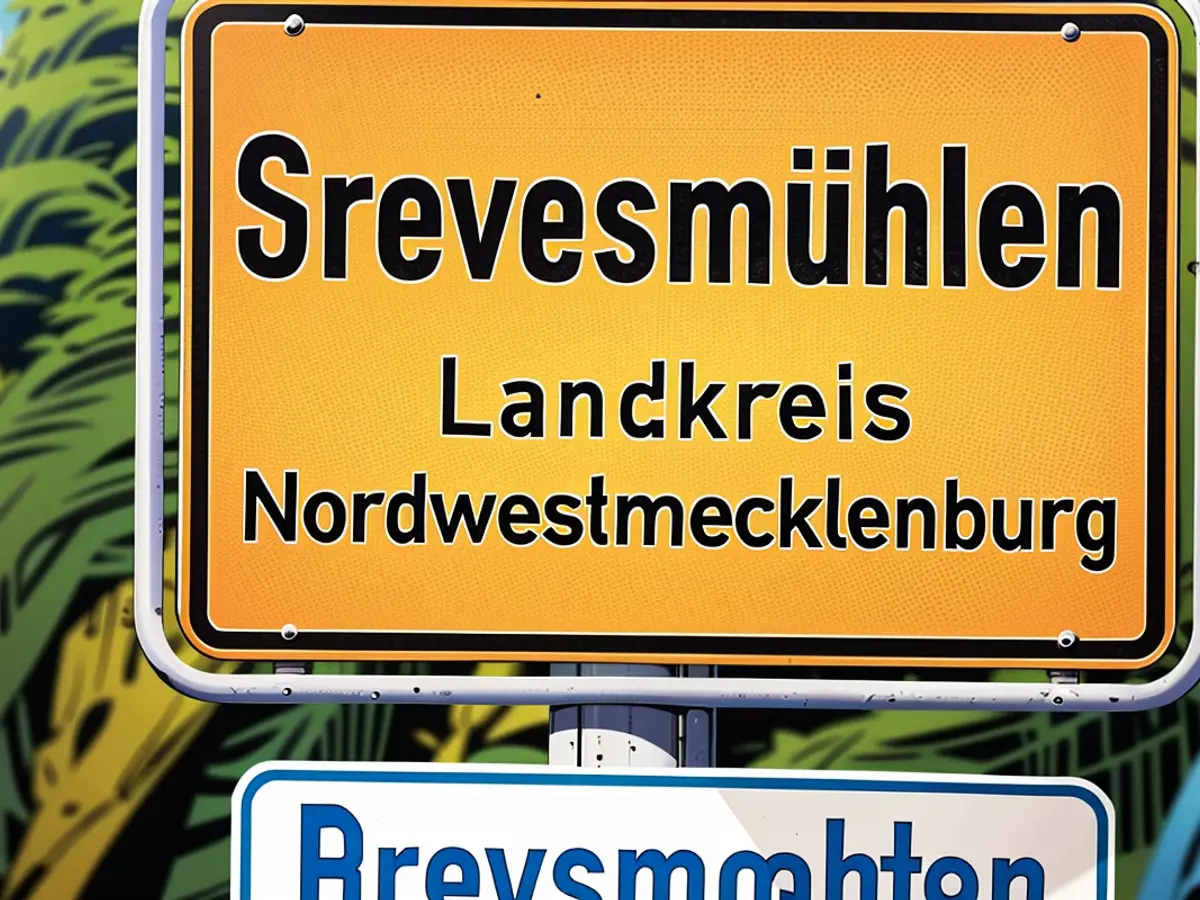Dementia - Municipalities are preparing for more dementia patients
The growing number of people with dementia poses challenges for caregivers, nursing homes, and Communities. In Mecklenburg-Vorpommern, Grevesmühlen was one of the first communities to make headway towards becoming a "Dementia-Friendly City."
Health Minister Stefanie Drese (SPD) praised the commitment of Grevesmühlen (Landkreis Nordwestmecklenburg) towards this issue during a visit. Four working groups were established in the areas of Volunteer Work, Care, Services/Trade, and City Development. The network counts over 40 members, including doctors, associations, companies, and private individuals. "The different actors meet every two months to plan the next projects," explained Drese. She hoped that this project in Grevesmühlen would serve as a role model for other communities in the region, encouraging them to engage with this important topic.
Approximately 900 new cases daily nationwide
According to the German Alzheimer Society, there are approximately 1.8 million people in Germany living with Dementia. On average, about 900 new cases emerge every day. Due to demographic changes, there are significantly more new cases than deaths among those already affected. If a breakthrough in prevention and therapy is not achieved, the number of cases is projected to rise to 2.4 to 2.8 million by the year 2050.
The Landesfachstelle Demenz (Dementia Expert Center) in Rostock, run by the Alzheimer Society, has been supporting Grevesmühlen since the project's inception in September 2023, according to Anja Schulz. The importance of setting up an effective information and advisory network, as well as creating general sensitivity towards people with dementia to reduce touch aversion, was emphasized. In Grevesmühlen, not only caregivers but also city employees and the Wohnungsbaugesellschaft Wobag were trained.
"How do I approach a person with dementia?" is a crucial question, according to Schulz, who offered tips: "Be open, patient, and use calm, clear language." In shops, avoiding background music and creating quiet resting spots, such as a secluded seating area, can be helpful. Nursing homes could open a lunch table for dementia patients living at home. In apartments, motion sensors can be useful, turning on the light when a dementia patient wanders around at night and preventing falls. Bus drivers should be able to help if a passenger is unsure where they need to get off.
Schulz stated that the Landesfachstelle would be happy to support other communities that focus on the topic of Dementia. In addition to Grevesmühlen, Siedenbollentin in Altentreptow, Landkreis Mecklenburgische Seenplatte, is currently being supported.
- The initiative of Grevesmühlen, a commune in the Northwest Mecklenburg District, to become a "Dementia-Friendly City" is attracting attention due to its proactive approach towards addressing the challenges posed by the increasing number of people with dementia in communities.
- Stefanie Drese, the Health Minister of Mecklenburg-Vorpommern, commended the efforts of Grevesmühlen in tackling dementia, highlighting the significance of their work as a potential model for other communities in the region.
- The project in Grevesmühlen, supported by the Landesfachstelle Demenz in Rostock, is not just focused on training caregivers but also involves city employees and the Wohnungsbaugesellschaft Wobag, fostering a broader understanding and sensitivity towards people with dementia.
- Anja Schulz, from the Landesfachstelle Demenz, emphasized the importance of addressing touch aversion in people with dementia and offered tips, such as using open, patient, and clear language, in approaches towards them.








